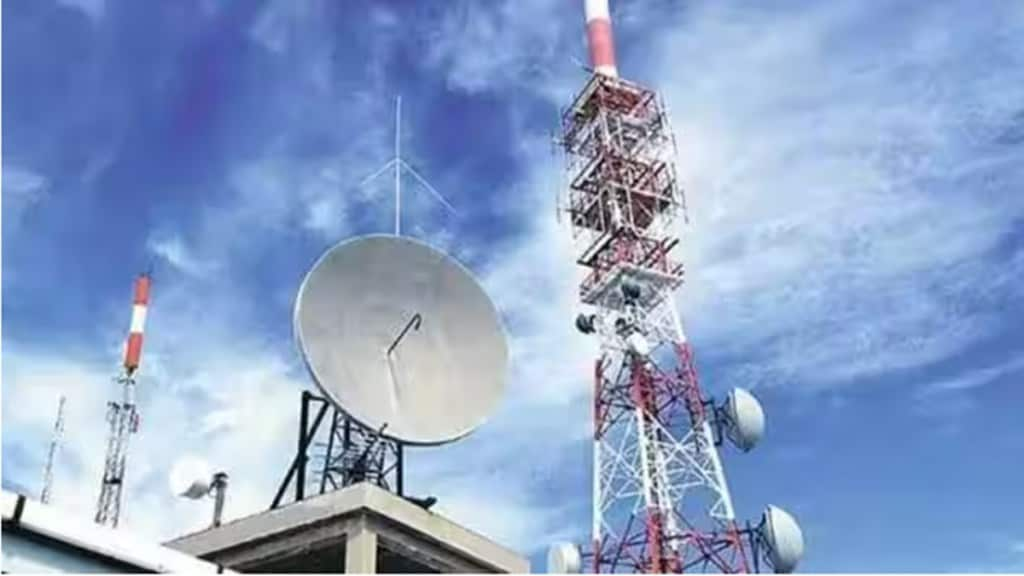In a crackdown on illegal use of the Internet, the government has asked telecom operators and Internet service providers (ISPs) to ensure traceability of people who use Wi-Fi hotspots, especially at places like hostels, reading rooms, study centres, libraries and staying facilities, etc.
The directive comes after the department of telecommunications (DoT) noticed that majority of study centres/hostel owners, etc, are using their personal broadband connections for commercial purposes. The data download at such facilities is huge and amounts to terabytes per month, DoT said in a letter to telcos and ISPs last week.
There are two sets of issues. First, individual identities or IP of thousands of people who use Wi-Fi at these hotspots using shared passwords become untraceable. Second, by using personal connection for commercial purposes, the entities concerned are bypassing the licence requirement needed for reselling bandwidth.
To check these illegalities, DoT has asked telcos and ISPs to take corrective measures and ensure a mechanism to collect Internet protocol detail records (IDPR) of users along with their traceable IDs. For this, DoT has advised telcos to integrate PM Wani (Prime Minister Wi-Fi Access Network Interface) hotspot stack with their Internet connection at such places to ensure traceable IDs.
According to officials, the government wants telcos and ISPs to maintain the IP detail records of users, which can be used to track terrorist activities, cyber frauds, etc. Further, the integration of PM Wani will also ensure the commercial viability of the project, which has not been able to take off since its launch in 2020.
The focus is to have legal usage of these Wi-Fi hotspots and loopholes like untraceability of user IDs are critical issues. Besides, it also makes a strong use case to deploy PM Wani, a government official said.
PM Wani, which was aimed at democratising content distribution and broadband access at affordable rates, has only been able to deploy 150,000 public Wi-Fi hotspots via 190 public data offices (PDO) aggregators, which are local outlets.
The project has not been commercially viable till now as telcos and ISPs are charging up to `8 lakh a year from PDOs and public data office aggregators (PDOAs) for supplying Internet-leased lines for bandwidth and other fibre resources needed to deploy public Wi-Fi hotspots.
Such charges, when compared to home broadband rates starting at `300 a month, makes it an unviable business for PDOs, who charge as low as `5-10 a day from users for PM Wani Internet.
Recently, DoT wrote to the Telecom Regulatory Authority of India (Trai) over the high connection rates charged by telcos and ISPs. Trai, however, is yet to respond, sources said.

